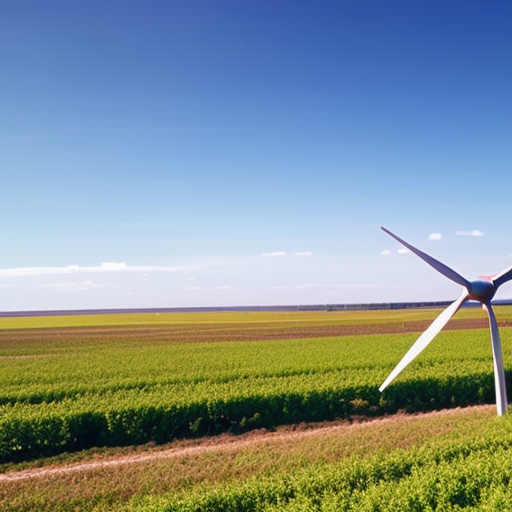Renewable energy sources are sustainable alternatives to fossil fuels that harness natural resources such as sunlight, wind, and water to generate clean and environmentally friendly power.
Nuclear Fusion Explained
Nuclear fusion is a potential source of clean and abundant energy that involves combining atomic nuclei to release vast amounts of energy.
Renewable Energy Explained
Renewable energy refers to sustainable sources of power that can be replenished naturally, such as solar, wind, hydro, and geothermal energy.
Energy Storage Technology Explained
Energy storage technology refers to the development and implementation of efficient methods to store and release energy for various applications.
Biofuels Explained
Biofuels are renewable energy sources derived from organic materials, offering a sustainable alternative to fossil fuels.
Wind Energy Explained
Wind energy is a renewable source of power generated by harnessing the force of wind to produce electricity.
Solar Energy Explained
Solar energy is the harnessing of the sun’s radiation to generate electricity or heat.
Hydropower Explained
Hydropower is a renewable energy source that harnesses the power of flowing or falling water to generate electricity.
Geothermal Energy Explained
Geothermal energy is a renewable energy source that harnesses heat from the Earth’s core to generate electricity and heat buildings.
Tidal And Wave Energy Explained
Tidal and wave energy harnesses the power of ocean currents and waves to generate renewable electricity.
Hydrogen Fuel Cells Explained
Hydrogen fuel cells are a clean and efficient technology that convert hydrogen and oxygen into electricity, offering a promising alternative to traditional fossil fuel-based power sources.
Smart Grids Explained
Smart grids are advanced electrical grids that use digital technology to efficiently manage and distribute electricity.




















